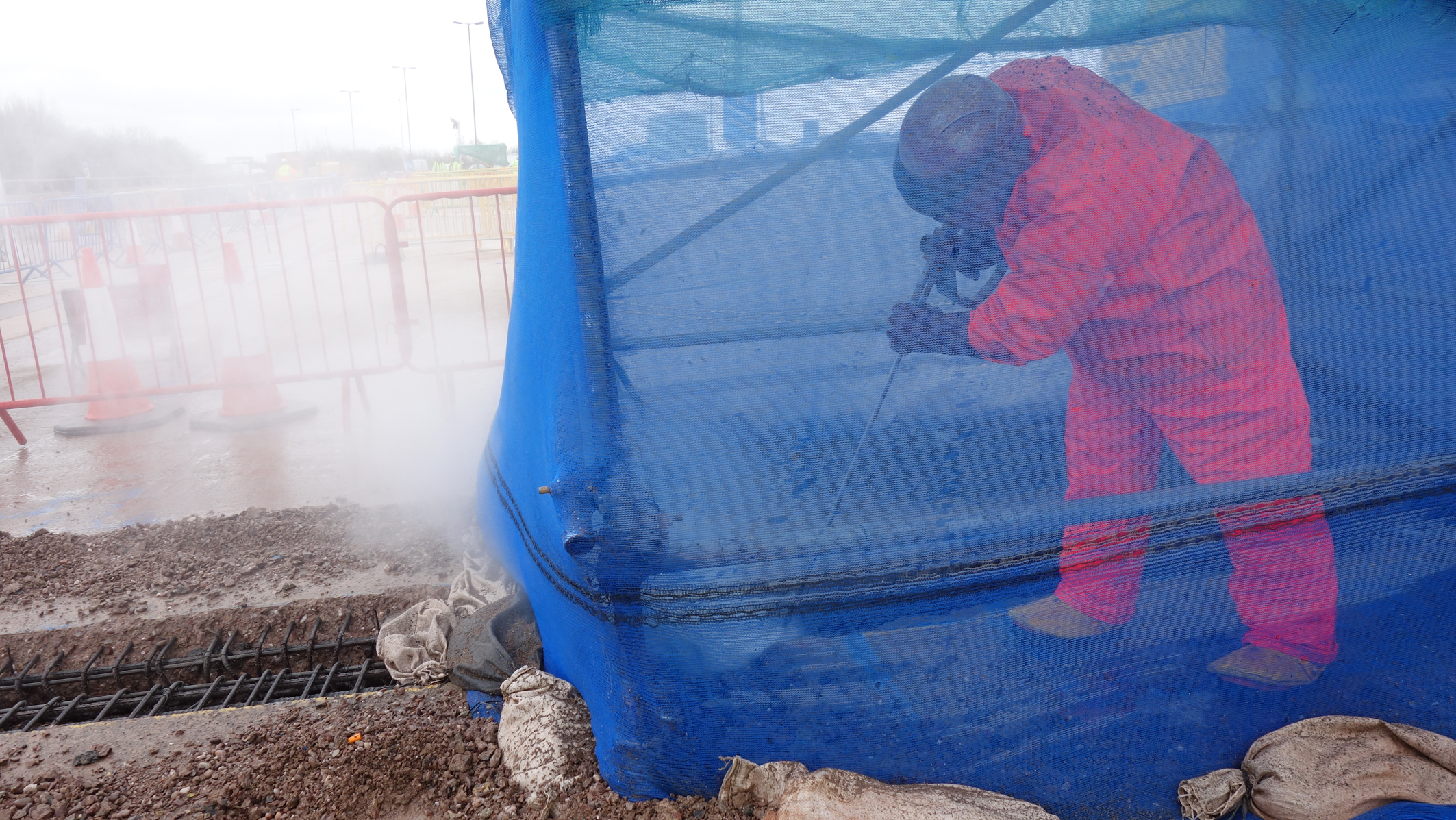WJA Celebrates 40th Birthday with Invite to Join the Party


The Water Jetting Association is 40 years old in October 2020 – marking a milestone in a journey that has seen it work closely with contractors, manufacturers and service users to drive up water jetting standards in all industrial sectors.
The WJA, the UK’s trade association for the water jetting industry, was founded by a group of 21 contractors at a meeting at the Metropole Hotel at Birmingham Airport on 9th October 1980.
Since then, it has gone on to build an international reputation for promoting water jetting safety and operation performance, not least through the development of its two codes of practice.
Codes of practice
WJA President Ron Heward said: “The WJA was founded specifically to promote safety across the water jetting industry and that purpose is still central to our mission today. Our codes of practice are now recognises internationally for setting the highest standards.
“Over the last four decades, our members – contractors, equipment suppliers and trainers, plus many others – have played vital roles in improving safety and promoting change for the better in the water jetting industry, and we’d like to invite others to join us in this valuable work.”
WJA Director David Kennedy said: “The WJA’s work remains as relevant as ever. Water jetting applications have grown rapidly. Technical developments mean its use has become more widespread.
“This has added to safety challenges at a time when pressures at which water jetting can now be carried out are reaching 60,000psi (4,138bar), a figure unheard of just a few years ago. Our work will continue for the next 40 years for sure.”

Consistent standards
The WJA was first called the Association of High Pressure Water Jetting Contractors. The change to the WJA came later, to clarify what had always been the case, that the association was a broad church, where all expertise and opinion was considered, said Kennedy.
The association was set up with the encouragement of the Health and Safety Executive (HSE). It wanted consistent safety standards to be developed across a fast-growing water jetting industry.
This has led directly to the creation of the WJA’s codes of practice – the ‘Blue Code’ for the use of high pressure and ultra high pressure water jetting equipment, and the ‘Red Code’ for safe working and use of water jetting in drains and sewers.
The HSE now uses the WJA’s codes of practice as a clear reference as to what is correct water jetting practice. The codes are respected because the WJA has continuously updated them, so they remain relevant to the industries they cover.
The WJA is also, by far, the biggest provider of water jetting training across all industrial sectors.

Quality training
John Jones, WJA Vice-President and Chairman of its Training and Safety Committee, said: “Setting up water jetting training was one of the first WJA priorities. It has been continuously reviewed and updated ever since, in tandem with our codes of practice.
“WJA water jetting courses give contractors a firm benchmark upon which they can develop their in-house training and skills development, and give operatives a recognised qualification, accredited by City & Guilds.
“Since 2019, we’ve required trainees to complete the WJA Safety Awareness course and at least one practical module consistent with their work, such as Drain and Sewer Cleaning, Surface Preparation, Tube and Pipe Cleaning or Hydro-Demolition, before they get their water jetting card.
“This makes sense because practical, hands-on experience under controlled conditions where good practice can be demonstrated and practiced is invaluable. I’m pleased to say that contractors have embraced this approach, and see its worth.”
Reducing risk
The WJA is also broadening its training offer, to broaden understanding of the benefits of water jetting, and its potential hazards. This includes a competent water jetting qualification that provides additional assurance of an operative’s capability. Another is a management and leadership course for people overseeing or contracting water jetting services.
The WJA has also played a critical role in providing a forum for discussing and finding ways through challenging technical issues and new technologies, such as semi-automated water jetting, also known as robotic water jetting. This ensures practical approaches and solutions come from within the industry and are more rapidly adopted.

In 2019, the WJA also issued new Water Jetting Injury Management Guidelines, based on ground-breaking research it commissioned from a team of eminent NHS trauma physicians.
The research findings have been published in the European Journal of Trauma and Emergency Surgery, so the good practice can be shared with medical specialists throughout the world.
For the first time, the guidelines include an algorithm for effective injury response, from giving first aid to hospital treatment, which promises to save lives and reduce the long-term impact of injury. This is available as a free download on the WJA website (www.wja06.ts3.testdigital.net).
